One life: why animals require legal personhood
25 February 2015
The world may be familiar with the term ‘animal rights’ but the truth is animals have no rights. Animals Asia’s Animal Welfare Director, Dave Neale, explains why current efforts to recognise animals’ legal rights through personhood is so important to their welfare.
Across the world many thousands of animal protection groups have developed to protect animals from practices which cause them suffering and distress.
Many of these groups are referred to as working for “animal rights” and when we hear this term we instantly understand and relate. They are working to end the suffering of an animal or group of animals in the belief that animal suffering is ethically “wrong”.
This of course creates a near constant debate between those defending animals from suffering and those defending the right to use animals in ways that "benefit" people. These debates have their basis in welfare, laws which regulate how we can and cannot treat animals, and our personal ethics.
Individuals are guided in the debate by scientific analysis of animals’ suffering and by our own moral stand point. But, as yet, debate rarely has any basis in the right of the individual animal themselves. This is because in the eyes of the law, no non-human animal has any legal rights, the only animal with any actual legal rights is the human.
In the eyes of the law, animals are merely “things”, lacking the capacity to possess any legal right. In the case of an animal, which is under the care of a person, the animal is essentially property.
In many countries legislation has been developed to protect animals from suffering by either stipulating the conditions and the management regimes that specific animals must live within, or by banning certain practices which cause suffering. While these laws can be effective if they are supported with the necessary enforcement and education tools, they still do not give any legal rights to the individual animals.
To gain legal rights, animals need to be seen as “persons,” possessing such fundamental rights as bodily liberty and bodily integrity - a person's body belongs only to that person, and only he or she should decide what happens to it. This is how humans are seen in the eyes of the law.
If animals were given “personhood” status, their treatment could then be challenged in the courts on the basis of their right to bodily integrity and liberty. For example, if a captive wild animal was given the legal right of a “person” then a legal challenge could be issued to say that the individual animal should not be held captive but has the right to live a life in which its physical, behavioural and psychological needs are met. In essence, legal personhood would ensure the essential welfare of animals was sacrosanct.
This position would of course make absolute common sense to all of us that understand the basic concepts of animal needs and how having them – or in most cases, not having them – directly affects the welfare state of the individual.
The law does not yet see it as we do, but I am pleased to say that there are pioneers within the legal profession working to change this position. Please check out the Nonhuman Rights Project (NhRP) and follow the progress of their legal cases on behalf of Tommy, Kiko, Hercules and Leo, all Chimpanzees living in unacceptable captive conditions in the US.
If just one of these cases can achieve the personhood status that each one of them deserves, it will be the historical benchmark which potentially changes the lives of many hundreds of thousands of animals held in deplorable conditions across the world. It will no doubt prevent many millions from ever having to endure the lives of abject misery endured by these four chimpanzees.
BACK

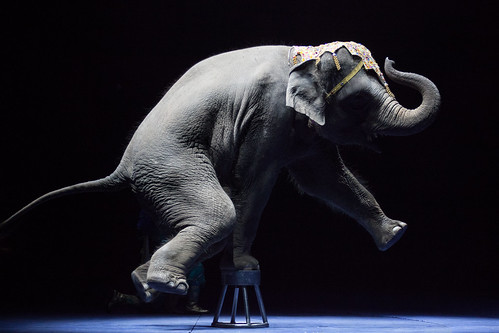
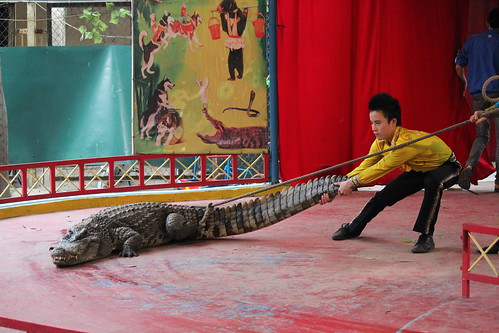
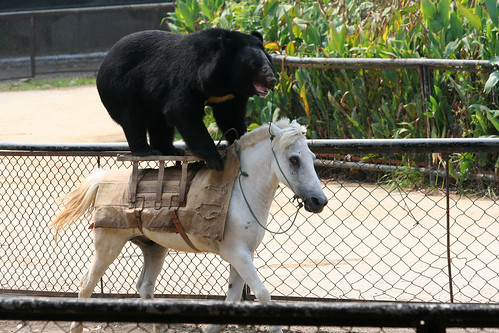




 Freedom after two decades: Moon bears Nang and Mua rescued
Freedom after two decades: Moon bears Nang and Mua rescued
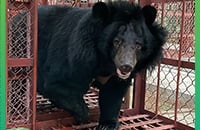 With heavy hearts we say goodbye to our beloved Tulip
With heavy hearts we say goodbye to our beloved Tulip
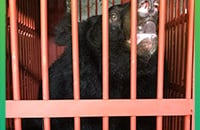 Three moon bears rescued from notorious bear bile farming hotspots in Vietnam
Three moon bears rescued from notorious bear bile farming hotspots in Vietnam